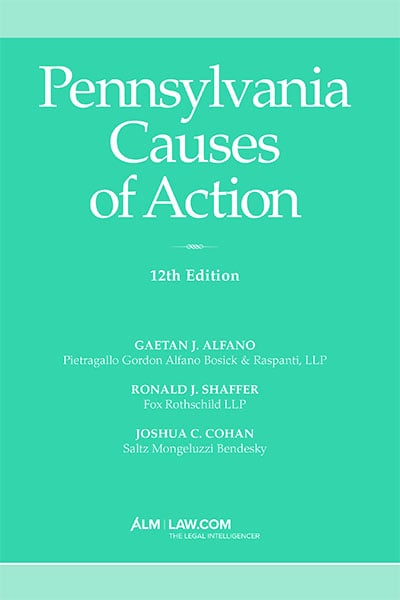0 results for '*'

Locate Smoking Guns in Cryptic Messaging
In struggling to respond well to litigation discovery requests, litigants already deal with the problems of handling high volume and finding obscure data. But another challenge has emerged. How do you sort through short messages sent from portable devices? Like the telegrams of old, these messages use the fewest possible characters and even code to express ideas, directives and responses. Find out how to decipher these cryptic dispatches.
AT&T's Bid for T-Mobile Officially Dead
What would have been a landmark U.S. telecommunications merger finally succumbed to litigation and regulatory pressure as AT&T officially abandoned its $39 billion bid for T-Mobile USA.
Evolving Trends in Law Firm Disaster Recovery
The world changed after the Sept. 11, 2001, terrorist attacks, and disaster recovery in law firms changed with it. More recent natural disasters have added urgency. Technologies such as bidirectional wide-area replication, flash memory arrays, and online storage services are becoming mainstream in IT departments, Evan Koblentz reports.
A 'Digital Wind' Blows No Good for MP3 Users
Beware of sharing music files on the Internet. Dartmouth College professor Eric Johnson warns peer-to-peer users that sharing music files may result in sharing other information saved to your hard drive like bank statements, credit reports and tax returns.
Are Meet-and-Confer Efforts Doing More Harm Than Good?
Two recent surveys suggest that meet-and-confers may lead to a delay and an increase in e-discovery disputes between parties, observe attorneys H. Christopher Boehning and Daniel J. Toal.View more book results for the query "*"


Take the Lead to Control E-Discovery Costs
With e-discovery, says attorney Leonard Deutchman, it's important to "know everything" when it comes to pricing, preservation, and collection -- that is how you prevail.
Court Mulls Confidentiality of Employees' Attorney-Client Communications at Work
In a case that will directly impact how people in New Jersey communicate with their lawyers while at work, the state Supreme Court is considering whether e-mails sent through an employer's system — but via the employee's personal, Web-based, password-protected account — are protected by the attorney-client privilege.


Tech Circuit: E-Discovery in Santa Monica and Phoenix
The Electronic Discovery Institute's Leadership Summit kicks off in California and Michael Arkfeld solicits articles for March program at Arizona State University.Trending Stories
- 1'It's Not Going to Be Pretty': PayPal, Capital One Face Novel Class Actions Over 'Poaching' Commissions Owed Influencers
- 211th Circuit Rejects Trump's Emergency Request as DOJ Prepares to Release Special Counsel's Final Report
- 3Supreme Court Takes Up Challenge to ACA Task Force
- 4'Tragedy of Unspeakable Proportions:' Could Edison, DWP, Face Lawsuits Over LA Wildfires?
- 5Meta Pulls Plug on DEI Programs
Featured Firms
Law Offices of Gary Martin Hays & Associates, P.C.
(470) 294-1674
Law Offices of Mark E. Salomone
(857) 444-6468
Smith & Hassler
(713) 739-1250
More from ALM
- Scan In Progress: Litigators Leverage AI to Screen Prospective Jurors 1 minute read
- Legal Speak at General Counsel Conference East 2024: Match Group's Katie Dugan & Herrick's Carol Goodman 1 minute read
- Legal Speak at General Counsel Conference East 2024: Eric Wall, Executive VP, Syllo 1 minute read





